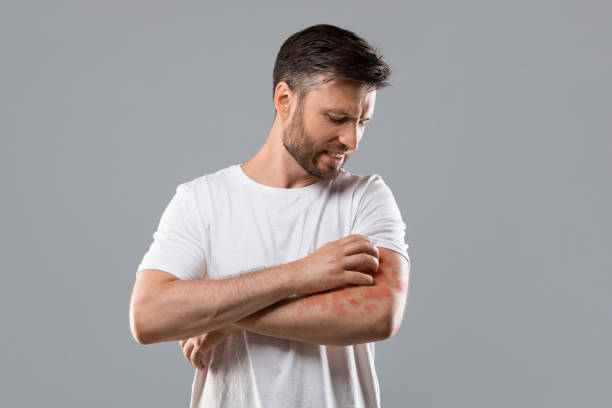In light of our recent report on the NHS and Social Care workforce, modern health care is an enterprise that requires a team. The contribution of AHPs (allied health professionals) is crucial to the delivery of effective care.
For a living, I take care of older people who have complex needs. Many older people have multiple co-morbidities and also social vulnerability, functional impairment, or communication problems that complicate their acute pain. This is the reality of the modern hospital case mix. Francis Reports both acknowledged that the most serious concern was in regard to the care provided for frail elderly patients.
I’m aware that I cannot do a ward round or be on call unless I constantly draw on the expertise of AHPs. The comprehensive assessment, an interdisciplinary, bio-psychosocial diagnostic tool used by AHPs with older patients, has been shown to increase the likelihood that older patients will be living independently and at home a year after they leave the hospital. AHPs play a vital role in ensuring that patients are returned to their homes quickly after leaving the hospital and in providing good inpatient rehab and discharge planning. AHPs are also essential in stroke units and other areas such as intermediate care, rehabilitative services, virtual wards, etc.
AHPs are highly skilled, independent professionals. I am always amazed by how even newly qualified therapists are fully responsible for the care of patients. The NHS does not require doctors to “prescribe” input from members of the multidisciplinary teams. They can challenge doctors and flag problems we may have missed. They also advocate for the patients. They are often the leaders of groups and act as a safety net.
These vital staff members are left out of discussions about the quality of healthcare, whether it is in the media or parliament. The Department of Health’s response also does not include them. Everything is reduced to “doctors and nurses.” This includes falsely polarised praise of technical, medical advancements and ‘ medical care’ (despite doctors failing to adapt their practice in order to care for frail elderly people) and poor basic nursing care.
Karen Middleton is the only AHP on the list of influential NHS Clinicians in the latest Health Service Journal. She has 12 different professions under her control. NHS England, however, is full of doctors, nurses and other AHPs. It is time to change this.
Although I admire the work done by AHPs, there are some minor criticisms that I would like to make.
They could first be better advocates for themselves. AHPs should be more visible to promote their skills and roles. I know that doctors and nurses are powerful groups, but AHPs can do a better job of promoting themselves. AHPs may be tempted to keep their heads down in the face of nurse-bashing scandals involving poor care. However, they would be better off claiming responsibility for the deficiencies in care.
I think that there are instances when graduate practitioners, such as those in occupational therapy or physiotherapy, are performing work that could be achieved by generic rehabilitation assistants whom these individuals supervise. Boundaries could be flexible for certain aspects of rehabilitation.
Third, we must move to a common set of records and assessments that are trusted and avoid duplications of checks, which confuse patients and cause delays. Sometimes, therapists maintain this territorialism.
They also suffer from the same problem as nurses – once they move up to senior leadership positions, they stop doing clinical work and may lose their clinical credibility. Doctor-leaders don’t.
It’s time to give AHPs the recognition they deserve as key players for services that have become team ventures. The changing demographics of the population mean that the healthcare industry will increasingly be centered around caring for older adults, who need a multidisciplinary approach. We cannot do it without them.

